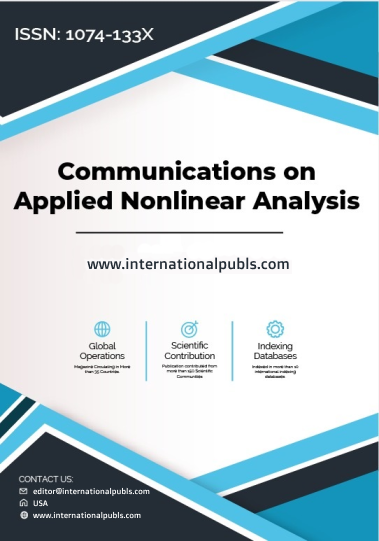A Comparison Study on Replacing Machines in Uncertain Environments whose Maintenance Costs Increase with Different Scrap Values Over Time
Main Article Content
Abstract
Replacement is a type of maintenance performed on a system to ensure that it operates efficiently and effectively. Replacement theory is commonly used to describe the replacement of machines or equipment due to deterioration, decreased efficiency, failure, or breakdown. In applications dealing with uncertainty, an intuitionistic fuzzy set has been used. The purpose of this study is to investigate the replacement problem with uncertainty. This problem involves imprecise capital cost, imprecise scrap value or salvage value, and an imprecise maintenance cost. The imprecise values are assumed to be positive intuitionistic fuzzy numbers in this case. Scrap fuzzy value is the value of a physical item's separate parts when the asset is regarded to be no longer useful. After a long-term asset, such as machinery, a vehicle, or furniture, has served its purpose, it may be disposed of. Based on the age of the machine or equipment, this article examined three different replacement models. The first is based on rising imprecise maintenance costs and no scrap value. When the price of fuzzy Maintenance costs is rising. Because it is assumed that the asset will be obsolete at the end of the longer depreciation period. The second is based on increasing imprecise maintenance costs in conjunction with a scrap fuzzy value. In some circumstances, a piece of business machinery's scrap fuzzy value may remain constant for a number of years after it has reached the end of its useful life.. The third is based on rising imprecise maintenance fuzzy costs and falling scrap fuzzy value. When imprecise maintenance costs increase, most of the time, the scrap value falls. The soundness of the proposed method is to determine the age of a machine or piece of equipment without converting fuzzy values to crisp values.
